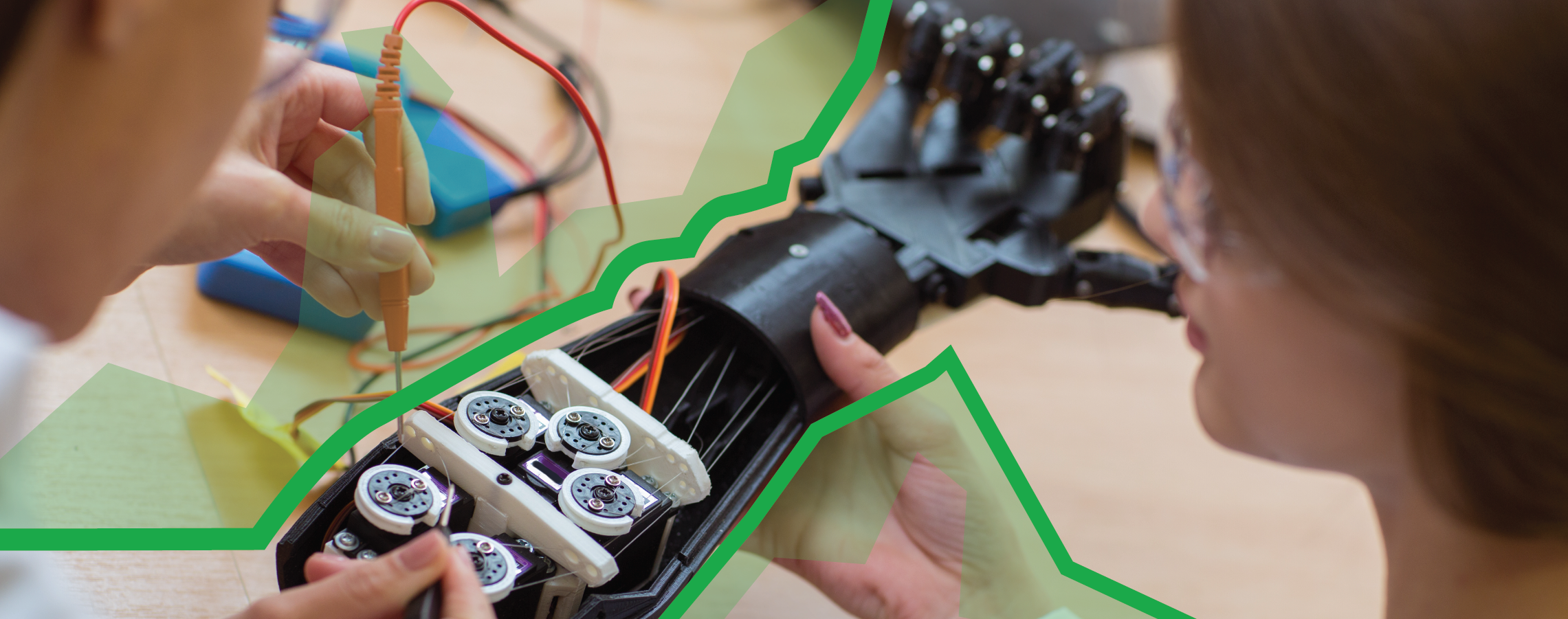Predicting exactly where the Australian workforce will stand in the next century is almost impossible.But technological advancements occurring around the world and the effect globalisation plays on the changing workforce is almost certain.
The ways in which we work, who does it, and how it gets done, is being revolutionised by social and technological developments – and this isn’t anything new. For decades now, cashiers have been replaced by self-checkout machines, employees replaced by offshore contractors, and gone are the days of paying a living, breathing person at a toll booth, now powered by automated toll-paying systems.
Labour economists have labelled the change as ‘the hollowing out of work’ – the effect of routine jobs disappearing or being replaced by outsourcing and new technology, leaving only non-routine jobs at the end of the skill continuum.
Although this transformation can cut company time and costs, and assist employees in being more productive, it will shake up the workforce as organisations grapple with the unpredictability of disruption.
The Committee for Economic Development of Australia (CEDA) conducted major research into how the nation can plan for future workforce changes and what jobs and skills are needed to ensure our economy continues to grow and diversify.
The report, Australia’s Future Workforce, indicates more than five million jobs – almost 40% of Australian jobs that exist today – have a moderate to high likelihood of disappearing in the next 10 to 15 years because of rapid globalisation technological advancements.
Professor Lynda Gratton, Professor of Management Practice at London Business School and founder of Hot Spots Movement, says these technological advances are not only changing the way we work, they are exerting influence over the very nature of our work.
This reshaping of the workforce puts huge pressure on people to invest heavily in their talent and ambition to identify skills that are both valuable and unlikely to be substituted by technology.
In this new age of automation, it’s crucial businesses use their wit and resourcefulness to keep future-minded and prepare for the changes affecting them – now and into the future. As Charles Darwin once said: ‘It is not the strongest of the species that survives, nor the most intelligent; it is the one most adaptable to change’.
Disruptive technologies such as artificial intelligence (AI), robotics and virtual reality are pushing the wheels of the fourth industrial revolution forward. If digital, physical and biological innovations are changing the way we work, are we truly prepared for what the future brings?
Only 1 in 4 business leaders believe they possess the required skill set in the workforce to adapt to the change, according to Deloitte’s Readiness Report, which explores senior executives’ views on the impact automation and digital technologies have on the workforce.
Only 14% are highly confident in their ability to harness the changes, yet 86% say they think they’re doing all they can to shape the workforce in a progressive way. In this instance, leaders don’t think they need to radically change to take them into the future, yet the tension between expectation and ambiguity is high. The world is changing and with it our society, our economy, our democracy and the environment around us. How do we thrive in this brave new world?
Policy Director for the Australian Futures Project Dr Fiona McKenzie says for those that learn how to flourish in an unpredictable and uncertain world, rapid change and complexity need not be a liability, but instead, can be an advantage.
She explains in the Australia’s Future Workforce report that we need to be proactive in building our capacity to make decisions for the long-term while having the ability to successfully react and adapt in real time to curve balls thrown our way. For a business to successfully cope with the complexity of adapting to changing circumstances it needs to accept its failures, take risks, experiment, ready its practices, culture and skills, as well as its systems and infrastructure.
The inevitability of globalisation is deeper than just economic, social and technological modifications. It alters the way we, as humans, interact – it changes us as people, as commodities, and as products ourselves.
Australia is a great innovator of new technology and Aussies have an insatiable appetite for adopting these trends. But no matter where we predict our workforce to be in the next century, in order to productively adapt to globalisation in a changing environment, we need to build a collective skillset that is flexible and transferable. In business, we need to construct a strong culture of collaboration and innovation and maintain a customer-focused approach.
If humans and machines can accommodate this movement mutually, we might just find that working together will bring us closer to our business goals, and automation will complement jobs rather than replace them.
For more on AI and machine automation tune into CGU’s new podcast in partnership with SBS, The Few Who Do– two hosts, one problem, two possibilities.
In Episode 3 “Not OK Computer: Future Proofing Artificial Intelligence” hosts Jan Fran and Marc Fennell tackle bias and ethics in AI.
